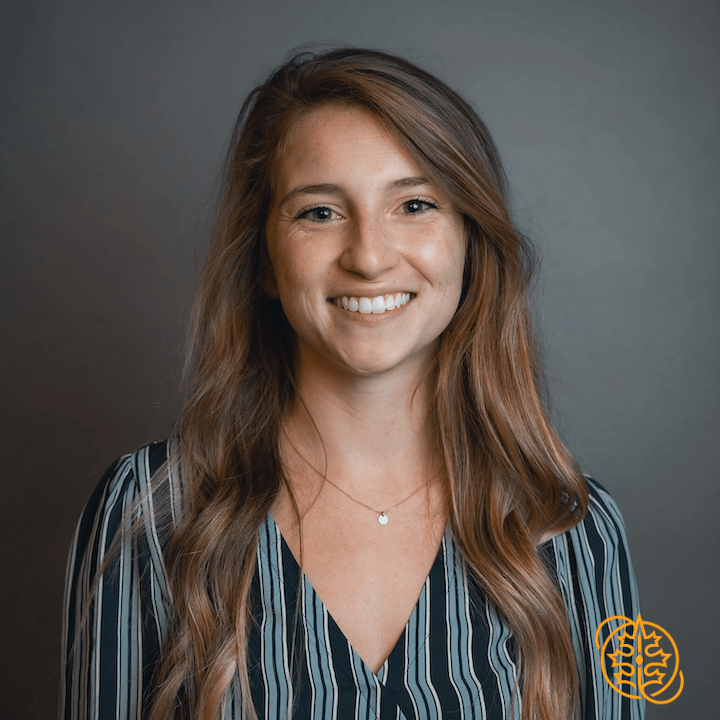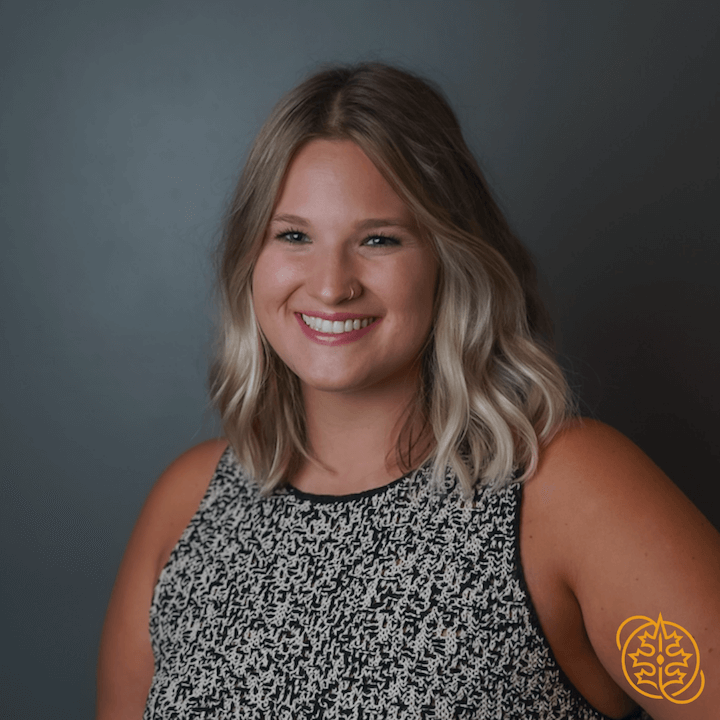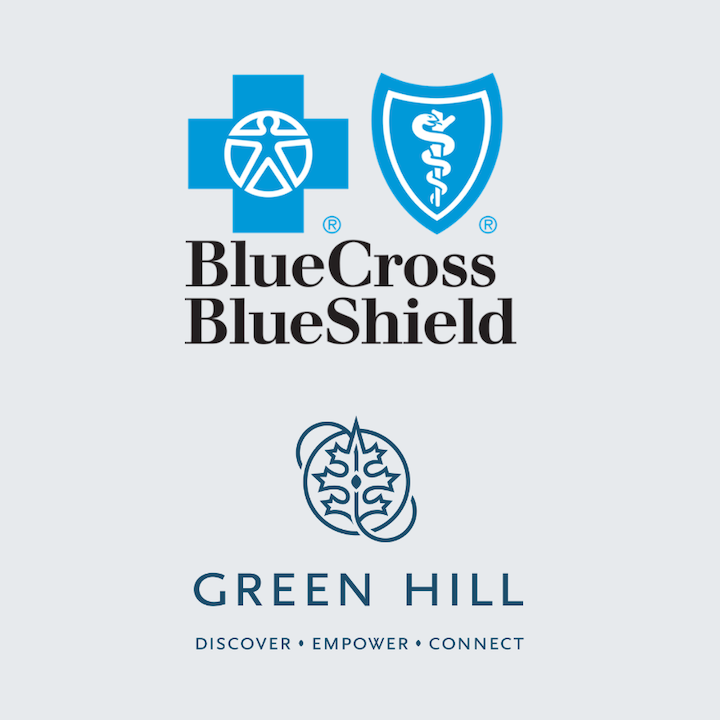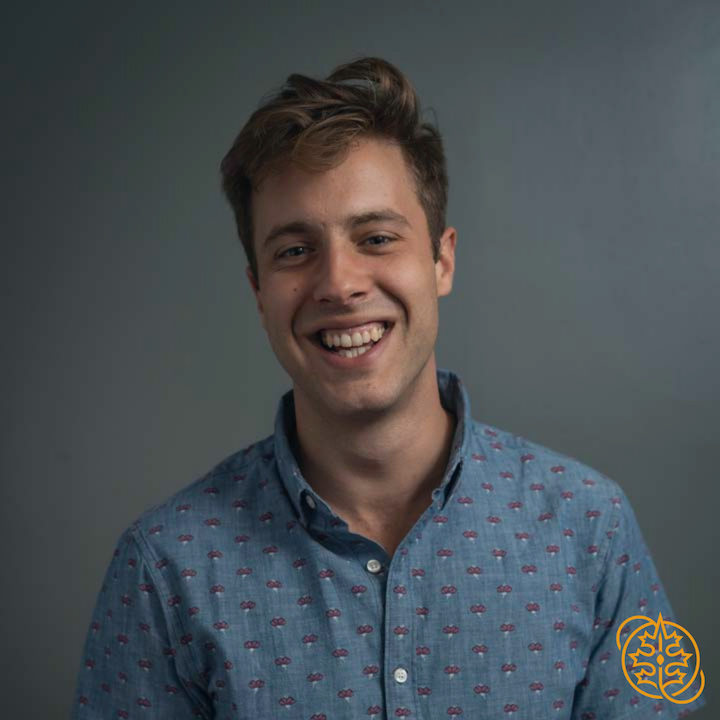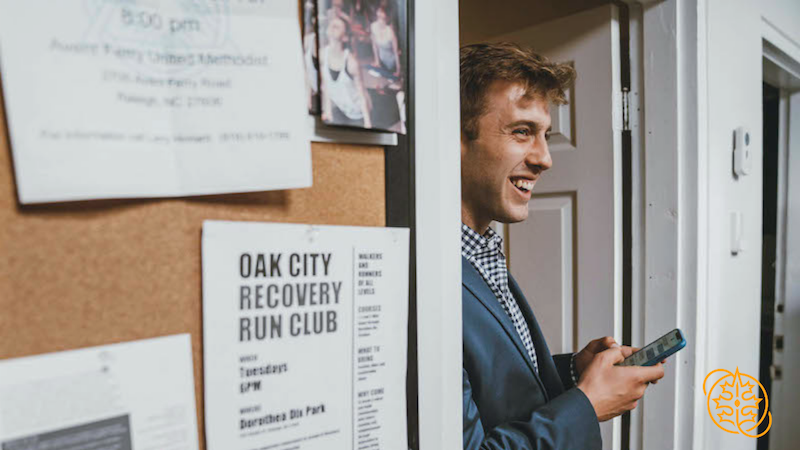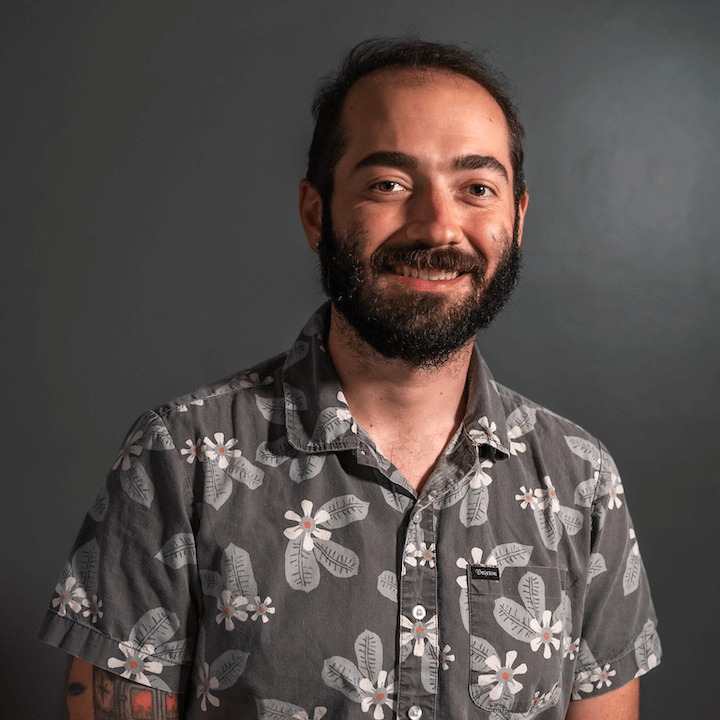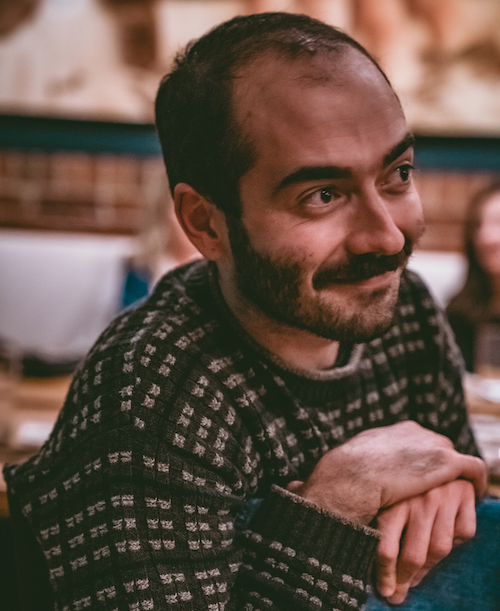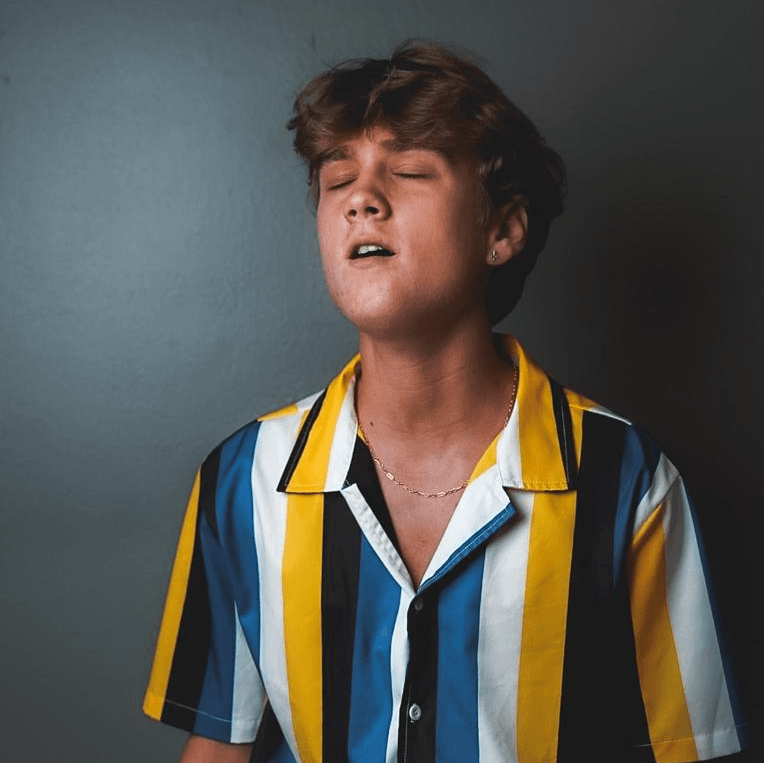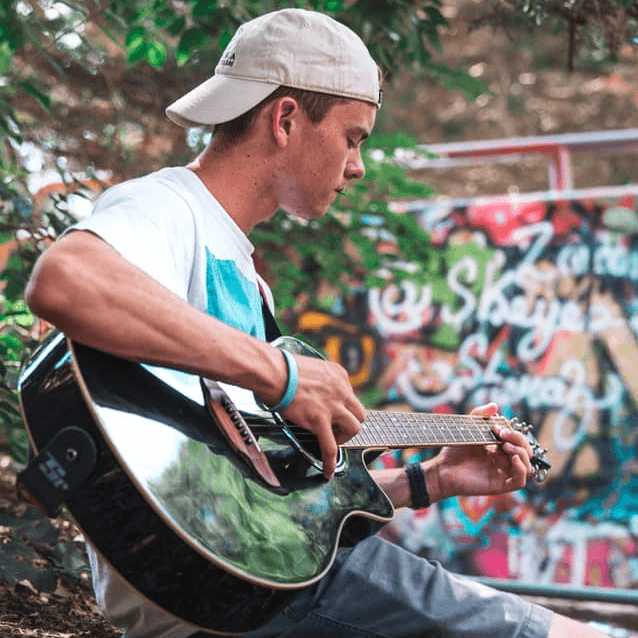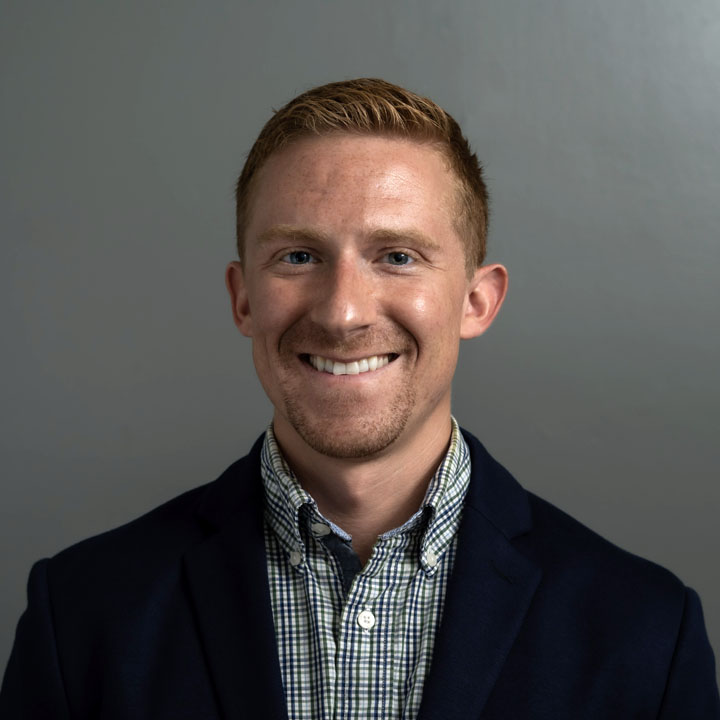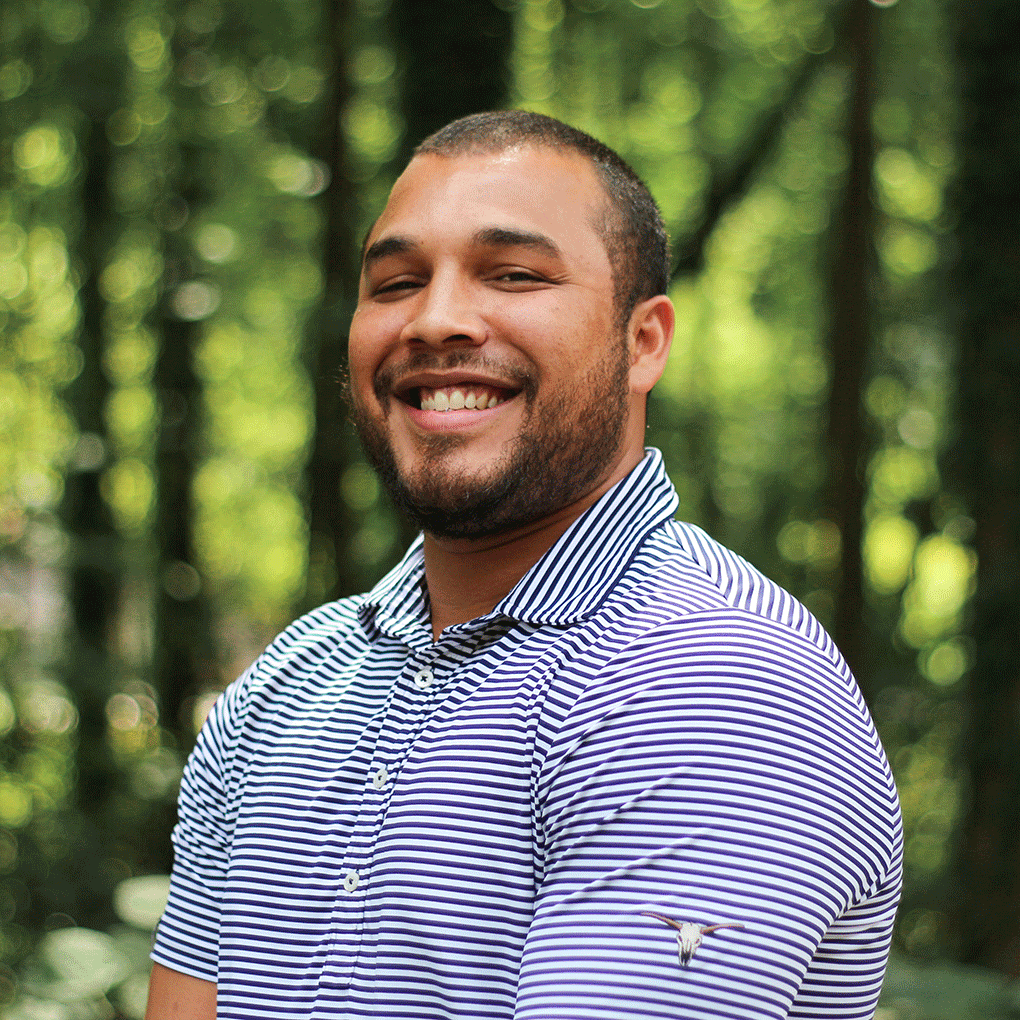
Could we get some brief biographical information from you? Hometown, previous experiences in recovery, educational/vocational track etc.?
I am from the small city of Goldsboro, North Carolina. After high school I attended University of North Carolina at Wilmington where I majored in Political Science and minored in “partying.” I was the kid in high school to never touched alcohol or drugs because my primary focus was sports and books and I thought it would hinder me. When I got to college that all changed of course! You know the story. Started drinking and drugging which led me to eventually using heroin. This started a journey for me of pain and misery as I went to six treatment centers over a six year period. Always getting out of treatment and immediately using again. I wasn’t able to finally get clean until life led me to Healing Transitions of Wake county. Something finally clicked and I was able to apply what was being drilled into my thinking.
I stayed at Healing Transitions for 15 months and after completing the program I knew that my calling was helping other young men overcome their addiction. I was afforded the opportunity to get my Peer Support Certification and started working as a Rapid Responder at Healing Transitions. What that job looked like is every day Wake county EMS would send me a report that showed all the individuals in Wake county who was administered Narcan by EMS as a result of opioid overdose. Once I made contact I would gage the persons needs and get them the help they needed. Very fulfilling work which gave me a sense of purpose.
After completing treatment at Healing Transitions, I had the pleasure of developing a nonprofit called Recess Games USA in which we aim to pair those in the community with people in recovery who are seeking healthy avenues to have good clean fun while building a meaningful and purposeful life. And by putting on events for Green Hill recovery I was able I meet the great staff and really connect with their clients. In doing so, I was offered the position as Program Coordinator of Community Outpatient Program in which I took without hesitation as I really feel like this demographic is where I am meant to be.
What’s one thing your hometown could be known for, and why?
My hometown of Goldsboro is probably only known for Seymour Johnson Air Force Base.
What made you want to work in this field?
Being a person in recovery, this job is food for the soul for me. I get the chance to work with young men who have some of the same struggles that I once had. And I remember back on how things were like for me and how beneficial a program like Green Hill could have helped me if I had known about it.
What do you believe makes Green Hill stand out in its field, and why?
Green Hill is such a progressive program and there is no other like it in the country. We are constantly thinking of new ways to engage with our clients and always on top of new methods and practices from all over the world. We want to to these young men the best possible chance at a wholesome, sustainable, and healthy life.
What does your ideal day look like?
A Saturday for me looks like being woken up by my son around 7am to play some sort of game with him and feed him breakfast while I have my cup of coffee. After that I take my doggie Charlie outside to go potty and so he can bark at imaginary things (I hate this). After that my girlfriend will usually tell me of some project around the house she has volunteered for which probably means I will have to go to Lowe’s once or twice. After the project my son and I will find some chicken wings and watch football taking breaks to go outside and play football ourselves. Once nightfall hits, we may find movie to watch together as a family. When Jax goes to bed, my partner will read some love drama-ish novel and I will continue watching football. Then we go to bed afterwards!
Can you name one role model you have, and what that person has had such an impact?
Probably the biggest role model to me would probably be Sean (Jay-Z) Carter. His rags to riches story is incredible. Coming from poverty living in housing projects to being inducted into the Rock n Roll Hall of Fame while being a maverick in the business world is beautiful. He also made one of the greatest albums of all time in 4:44.
What’s the best piece of advice you’ve ever received? How has that advice affected your day-to-day?
“Are you really listening or are you just waiting to talk?” This quote I heard one of my favorite artist Saba use has been what has been my guide in all my interactions with people . A lot of times we can just pretend to care or listen to someone pour their hearts out and just try and give them a solution to whatever it is they’re dealing with but that may not be what they want or need. Sometimes people just need for you to listen.
What’s your favorite Green Hill Memory?
Favorite Green Hill memory of mine so far is a client who was struggling to stay sober since day one of getting into our Transitional Living program. He ended up leaving our program and bounced around from couch to couch of friends and called me crying one day to come pick him up and take him to detox. When he got into my car he started to cry again and say to me that he was tired of everything and done with that lifestyle. He then went back to inpatient treatment and came back to the Transitional Living program here at Green Hill and sent me a picture of his 6 months recovery key tag over the weekend. The most clean time he has had in years. That is the reason I work in this field.
What’s one message you wish our residents at Green Hill would always take with them?
If you give recovery a chance, whatever you thought you could accomplish, you can accomplish ten times over.
Quick Facts about Alex
Favorite book: Harry Potter and the Prisoner of Azkaban
Favorite podcast: New Rory & Mal
Favorite sports team: Dallas Cowboys
Favorite meal: New York Strip (medium rare)
Favorite movie: The Revenant
Favorite album: (Right now) Kaytranada- 99.9% (all-time) Frank Ocean- Blonde
Dream vacation: China
Dream job as a child: NBA player
Hobbies: Playing basketball, listening to music, and watching my son experience new things
Pets: Charlie (labradoodle)
